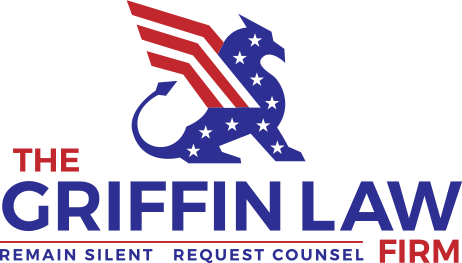Military personnel are held to a higher standard of conduct than civilians due to the unique nature of their duties and responsibilities. As such, allegations of misconduct in the military can have serious consequences, including loss of rank, discharge, and even criminal charges. It is essential for military personnel facing such charges to understand their rights and options for defending themselves against these allegations.
The Norfolk military defense attorneys at The Griffin Law Firm will discuss this in this article.
Types of Misconduct
Misconduct in the military can take many forms. Some common types of military-specific misconduct include:
1. Disobeying orders: Service members are required to follow lawful orders from their superiors. Disobeying an order can lead to charges of insubordination or disobedience.
2. Fraternization: Military personnel are not allowed to engage in romantic or sexual relationships with certain individuals, such as subordinates or superiors. Violating these rules can result in charges of fraternization.
3. Hazing: Hazing, which refers to the use of physical or psychological abuse to initiate new members into a group, is prohibited in the military. Service members who engage in hazing can be charged with misconduct.
4. Alcohol or drug use: The military has strict rules against using alcohol and drugs, both on and off duty. Service members who violate these rules can face charges of misconduct.
5. Absenteeism or desertion: Absenteeism refers to the unauthorized absence from duty or unauthorized leave. On the other hand, desertion is the intentional abandonment of military duty. Both of these actions can be considered misconduct and can result in disciplinary action.
6. Sexual harassment or assault: Sexual harassment or assault is obviously an offense in a civilian jurisdiction but is a priority enforcement area for military leadership. This includes any unwanted or inappropriate sexual advances, comments, or physical contact.
7. Fraud or embezzlement of government resources: Fraud refers to the act of deceiving or misrepresenting information for personal gain. Embezzlement is misusing funds or resources entrusted to one's care. Both actions can be considered misconduct and can result in disciplinary action or criminal charges.
Defending Against Charges of Misconduct
If you are facing charges of misconduct in the military, there are several steps you can take to defend yourself. Some options include:
1. Request to take advantage of ALL due process to which you are entitled. This can vary GREATLY depending on your time in service and type of misconduct. Some due process is elective, like accepting NJP or a summary court-martial. Other due process is compulsory, like a trial. You really need to speak with an attorney about these choices as early as possible. You will be offered the opportunity to speak with a JAG about these decisions. However, you have the right to consult with any attorney of your choosing. JAG attorneys are very good and usually experienced but tend to be conservative in their counsel.
2. Gather evidence: To defend yourself against charges of misconduct, it can be helpful to gather evidence that supports your case. This might include witness statements, documents, or other types of evidence. Be careful about approaching witnesses directly or ever suggesting that they say something specific. This can be construed as obstruction or tampering.
3. Retain legal counsel: It is advisable to retain the services of a military lawyer to represent you in your case. A lawyer will be able to advise you on the best course of action and help you prepare for your hearing. A must for complex or serious cases, but can often make a big difference in how your minor misconduct is handled.
Speak to an Experienced Military Defense Lawyer
If you are facing charges of misconduct in the military, it is crucial to take action to defend yourself. By following the steps outlined above, you can increase your chances of a favorable outcome in your case.
If you need help defending against charges of misconduct, do not hesitate to contact The Griffin Law Firm. Our team of experienced Virginia military defense lawyers has a track record of successfully defending service members against misconduct charges. We are here to help you fight for your rights and future.


